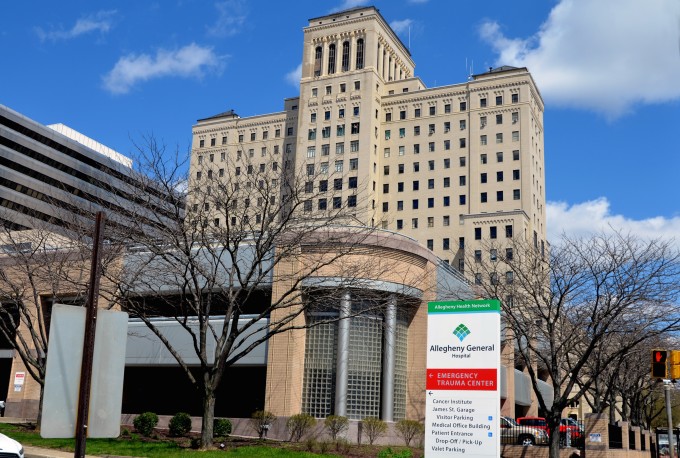Allegheny Health Network and Gateway Health have launched a new holistic treatment plan to fight opioid addiction related to chronic pain management.
The Enhanced Pain Management Program will build on each organization’s success in treating opioid addiction and will unite alternative non-opioid therapies with support services to help patients successfully manage their physical pain. In addition, the program will address underlying issues that could be leading to a patient’s opioid dependence, the organizations say.
In an effort to curb the number of opioids being prescribed, AHN implemented its own system-wide policy following the release of the 2016 Centers for Disease Control and Prevention guidelines for opioid prescribing.
“The opioid prescribing policy has been extremely effective in ensuring that the right amount of opioids is prescribed at the right time and to the right patient. However, we know that for chronic pain patients in particular, opioid therapy cannot be taken away without a sufficient replacement,” says Jack Kabazie, MD, director of the AHN Institute for Pain Medicine. “The Enhanced Pain Management Program not only meets this need by providing a range of proven, non-opioid therapies to treat chronic pain, but also sees patients through to healthier living based on their complete health picture.”

For its part, Gateway Health, a managed care organization that serves more than half a million members across five states, with a network of 78,000 healthcare providers and 400 hospitals, implemented prior authorization requirements that limit high-dose and extended duration opioid regimens.
As a result of Gateway’s prior authorization policy, over an 18-month period, the number of members with opioid prescriptions decreased by 43 percent. In addition, more than 1,700 Gateway Health members’ high-dose opioid regimens were reduced, with an average dose reduction of 22 percent, the company said.
According to Steven Szebenyi, MD, chief medical officer at Gateway Health, the Enhanced Pain Management Program is poised to serve as an effective model of care for those who live with chronic pain and opioid dependency. The program “truly provides patient-centered, team-based care,” he says. “This approach strategically aligns with Gateway Health’s focus on treating the ‘whole person’ through integrated care models. By combining the clinical expertise, best practices, and resources of each organization, we are poised to have an even greater impact on the opioid epidemic.”
According to Gateway, patients gain access to the Enhanced Pain Management Program with a physician referral, then undergo a comprehensive assessment and are assigned a nurse navigator, who connects a them with prescribed services that may include behavioral therapy, physical therapy, medication-assisted treatment, acupuncture, massage, nutritional counseling or smoking cessation. Caregivers collaborate to create individualized treatment plans that are designed to focus on meeting a patient’s short- and long-term health goals, the organizations said.
In another venture, last fall, the two groups partnered with Allegheny County and Highmark Health to open a 45-bed post-acute unit for patients with medical conditions and co-occurring substance use disorders at the Kane Community Living Center in McKeesport, Penn.
